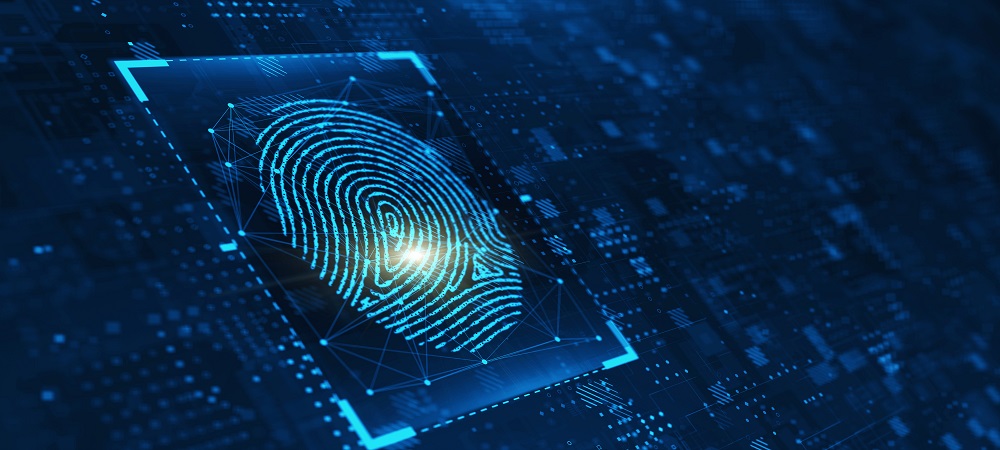
Why are Fingerprints Required for Background Checks?
Whether it’s for employment or to volunteer, you may be asked to get fingerprinting done for a background check. There can be good reasons for this – but background checks are complicated things, and no two companies are likely to perform them in the exact same way.
In this brief post, we’re going to discuss the nature of background checks, when fingerprints are needed for background checks, and the circumstances in which fingerprinting may not be warranted. This post is not legal advice. Employment laws vary from jurisdiction to jurisdiction – if you suspect a potential employer may have breached the law in conducting your background check, contact a lawyer.
The types of background checks and why they’re performed
Fingerprints aren’t necessary for every type of background check. In fact, there are a diverse number of different background checks that companies may conduct. You can think of a background check as any activity conducted to seek information about a prospective candidate prior to or upon offering a position of employment to that candidate. These checks include:
- SSN Checks
- Credit checks
- Verifying credentials
- Social media searches
- Medical record checks
- Drug testing
- Criminal record checks
- And more
It’s important to know that the legality of these checks can vary based on your jurisdiction, as well as the type of employment you’re seeking. These factors can also affect when in the pre-employment process the checks can be performed – criminal record checks, for example, should only be performed after a job offer has been tendered.
Great. So what about the fingerprinting?
Fingerprinting is used in order to access a particular set of criminal records – those found with the FBI. These are known officially as Identity History Summary Checks, and they’re often colloquially referred to as criminal history records or – even more informally – rap sheets.
According to our friends at FASTCHECK in Winnipeg (quite far north of San Antonio, in Canada), fingerprinting is used because it’s more accurate than other identifiers. Someone can change their name, lie about their SSN, even forge pieces of ID – but it’s incredibly hard to change your fingerprints.
This isn’t to say that fingerprinting is the be all and end all of background checks – there’s more to hiring an employee than learning about their criminal history. Nonetheless, fingerprint-based criminal record checks are standard in some sensitive industries.
I think an employer may have violated my rights with their background checks. What should I do?
You should talk to a lawyer right away. It’s important to ensure that laws pertaining to employment standards are enforced, and to keep the privacy of citizens sacred.
Before you contact a lawyer, make sure you prepare. Our friends at Brodsky Amy & Gould have the following recommendation: “In order to make the most of your meeting, you should prepare for it. Write down everything you can remember about the event in question (e.g. what you were doing that day, how you ended up at the location where the event occurred, what happened after you got there, were there any witnesses to the event…etc.)”.
Basically, as soon as you think your rights may have been violated, write down absolutely everything about the event in question, as well as any questions you may have for your legal counsel.
We hope this post has helped you to better understand why fingerprints are used in background checks. As you now know, background checks are pretty complicated, multifaceted things. If you have any questions that you need answers for, don’t hesitate to seek legal counsel – whether you’re an employer or a prospective employee. Feel free to contact the professionals at The Gilbert Law Office for all your pressing legal concerns.
